Over the course of his career, flautist Herbie Mann released nearly 90 albums of original material. Nominally a jazz artist, Mann was in fact a pioneer in the exploration of other genres, an early and important figure in what would come to be known as world music. Mann also had a keen eye for talent, often making unusual choices of players in his groups and on his albums. Notable Herbie Mann sidemen included Chick Corea, Larry Coryell, Tony Levin, Sonny Sharrock, and Duane Allman.
Mann died in 2003, and in the years after his death, his body of work has come in for re-evaluation; while some of his musical excursions (like his 1975 Top 40 disco tune "Hi-Jack") raised eyebrows within the jazz world, his boundary-pushing approach and championing of underappreciated artists were often revolutionary.
Near the end of his life, Mann brought his son Geoff in as a session musician to play on what would be the flautist's next-to-last release, 2002's "A Dance at the Rise of the Moon." Other than that, drummer Geoff Mann had never been involved with his father's music. Though he has worked for decades—playing in Antibalas Afrobeat Orchestra, leading his own groups (such as having), and composing and recording many film soundtracks—Mann's latest project is Underground, a reimagining of select cuts from one of his father's most celebrated albums, 1969's Memphis Underground. Working with a coterie of top players, Geoff Mann has captured the spirit of that record while giving the music his own spin.
Bill Kopp: What inspired you to make your full-length solo debut a tribute to Herbie Mann?
Geoff Mann: Many years ago, my friend, the great guitarist Josh Kaufman, was hanging out, and he asked me, "Have you ever thought about doing a record of your dad's music?" And I was like, "Not really." I was always scared to touch that whole thing, because I didn't want to do it an injustice. Also, because the kids of famous musicians doing their parents' music is not always good, I just didn't want to be that guy.
But after he said that, I started thinking about the tunes from Memphis Underground, because it was coming up on its 50th anniversary. I had some ideas of how the tunes could sound in a way that felt very natural to me, but changing the arrangements, changing the vibes. Then after a while, I started thinking, "Yeah, maybe I should." But what I didn't want to do was just make the same album, but not as good. If I did the same grooves, same order, same type of thing, it would just be a letdown. If I didn't bring something different to it, it wasn't worth doing.
Of course, the reality is, even though I've been doing music for a long time, I'm not a known entity in the wider music world. Musicians know me from bands I'm in, sure. But in terms of a way to make something that an audience might listen to someone that they don't know, or to interest a label or venues, [an album] wasn't a terrible idea.
I pushed away making any connection between me and my dad's music for most of my life because I didn't want to ride his coattails. I wanted to get what I got on my own merits. And I've gotten pretty far. I've had some great bands, some great tours, great musical experiences, and written a lot of great music. But now that he's been gone for a long time and I'm not a spring chicken anymore, it's a little less concerning to do that. I have this musical connection with my dad; we played together when he was alive, and I am finding myself missing that connection to his music now that we haven't played together in 22 years.
I didn't really realize it when I started the process, but as it was going along, doing this record started to have a deeper emotional meaning to me. Now that the record's done and released, I find myself appreciating this opportunity to have more of an emotional connection to him through this album, through this music.
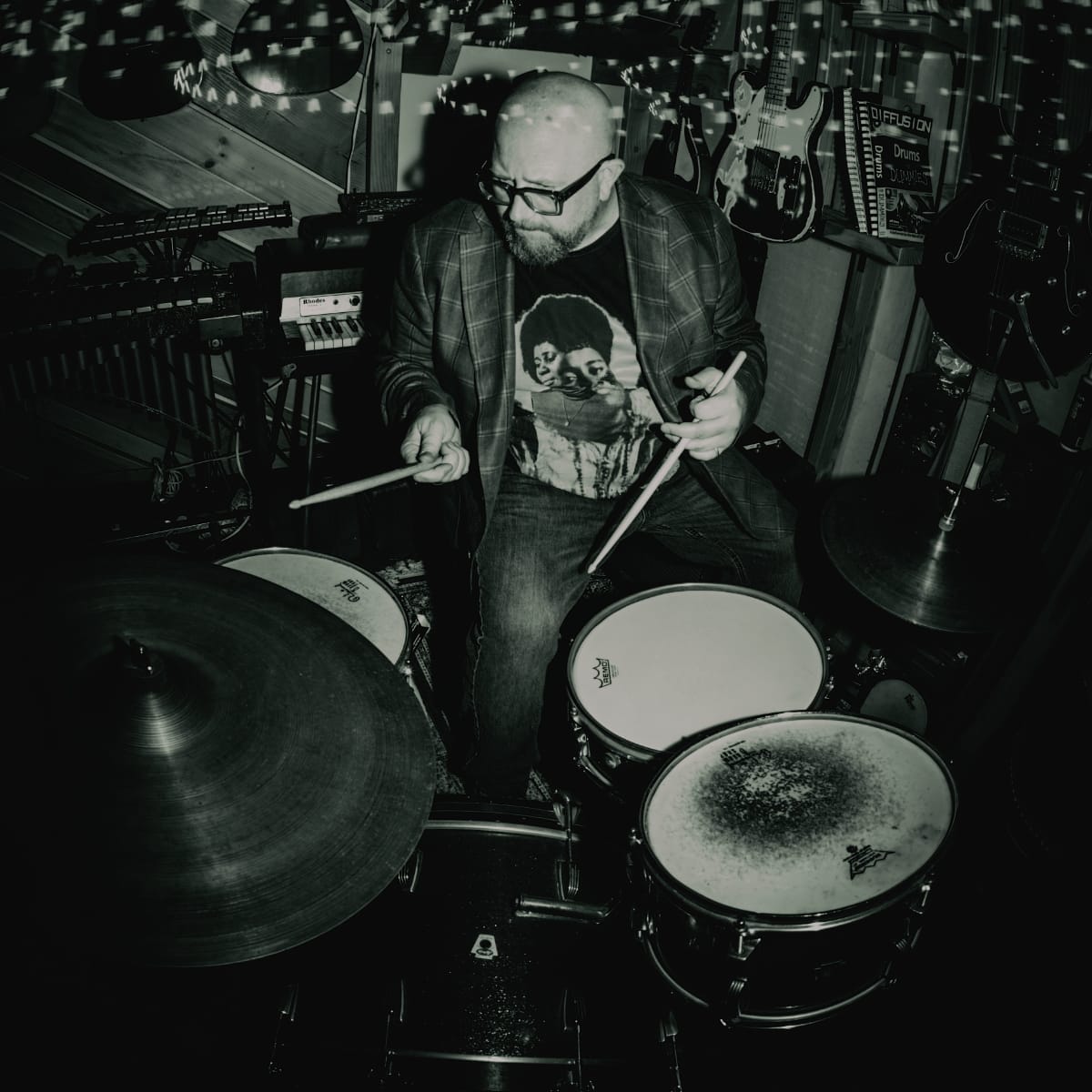
Bill: What were some of the guiding aesthetics that you brought to the project?
Geoff: I've been playing in Afrobeat bands for 20-something years now, so that's become a part of my drumming sensibility. But also, I come from a rock background, and there's my soundtrack work. I really love textures and big dynamic shifts; I want to feel like the songs are telling a story. So if you took all those things and put them together, those were in my head when I was putting these tunes together.
Bill: The album was cut in just two days. Was that a function of financial constraints, a desire to capture spontaneity, or both?
Geoff: A combination of both. It was financial and also logistic, because I flew Domenica [Fossati], who played flute, and Victor [Axelrod, keyboards] out to L.A. from New York. We had time with JP [Maramba, bass] and Marcos [Garcia, guitar] and me. When the studio was available, I fronted the money for the studio time, and I was paying all of them per day. And that was about how much time we had. I could have used another day or two, because at the time, I felt frantic about it. We were just trying to get the takes in: "Does it sound like it's enough? Okay, well, let's move on to the next one." But I've cut records in a day before, plenty of times, so it's not unreasonable.
I did want the spontaneity. Except for the instruments that I overdubbed later, we did everything live. It was the only way I was going to make it; I didn't even consider doing layers. I've done so many records where you lay the drums down, lay down the bass. But then that interaction isn't happening. With this band specifically, everybody is so in tune with the music—and with each other—that not having every opportunity for us to play off each other would have been a real tragedy.
Bill: The other thing I noticed when reading the fine print is that it was recorded six and a half years ago!
Geoff: The truth is that I was having a hard time getting people interested. I think I shot pretty big at first: I was trying to get it to Atlantic Records. I thought, "Maybe they would be interested. They've got my dad's catalog." There was a lot of talk, but nothing really congealed. Then the pandemic hit, and I kind of lost momentum.
I started talking to Color Red a couple of years ago; we had initially talked, and then the scheduling didn't work out. I thought, "I'm gonna release it myself. I'm just going to do it online; maybe I'll press 100 vinyl or something, and it'll just be what it's going to be." And then they came back to me; things opened up for their schedule. I was excited because I really like the label. I really like Leah [Concialdi, Director of Communications at Color Red]. She's got a great sense of what's going on in the world and how to present things.
It just came together that way. Outside of Atlantic, which was a reach, I had been looking at more traditional jazz labels. In retrospect, that wouldn't have been the right fit. So it took a while, but it worked out in the best way that it could have.
Bill: I think of your dad as a pioneer of what we used to call ‘world music.’ Detractors might call him a dilettante, which is unfair. To me, Herbie Mann was a restless explorer. Is that your impression of him as an artist?
Geoff: Definitely. He loved tasting new flavors. He would go to a country and find whatever food they had, and he wanted to taste it. And I think he felt that way about music.
He didn't really try to direct most of the bands. He would find a band or a group of people who were doing something and who were really good at it. He was like, "Okay, I just want to be a part of this." He didn't really try to change a group when he found them. He was like, "Do your thing; I just want to play with you." And through that, he got to explore a lot.
Whether or not people take his playing seriously, he introduced a lot of people to a lot of different music that they wouldn't otherwise have been aware of. He found people who became very big on their own; he was their first big gig. A lot of people went through his band. I think he saw it kind of like The Jazz Messengers, where [Art] Blakey was like, "I'm gonna get these people. They're gonna play; I'm just supporting them."
Bill: What was it like working with Herbie in the studio?
Geoff: It was pretty nice. We only did a couple of records, and only one that came out. The first one, I was pretty nervous on. But again, he had a pretty hands-off attitude. He let things happen naturally, let the band dictate what their best vibe was. We had these tunes, and I think we practiced some of them and maybe played some of them live. But going in, he gave us time to find what our groove was like: "What beats am I going to bring that are comfortable to me?" and not just trying to do someone else's thing. The band locked together pretty naturally, and it all worked out well.
I was very inspired by his quiet direction; he directed through osmosis, through letting people find their own best version of themselves in the studio. I found it refreshing.
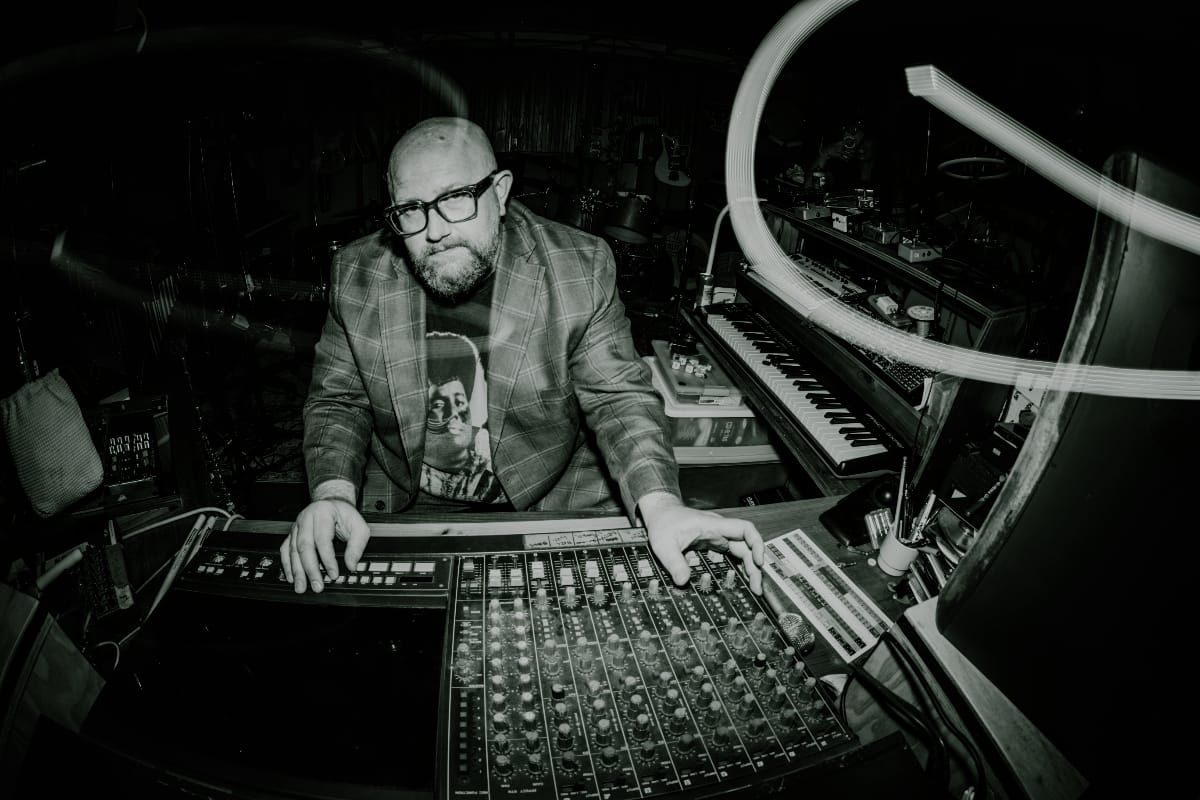
Bill: Beyond Underground, what are you up to now musically?
Geoff: My other band, Here Lies Man, has been playing shows. We're recording new music, and that takes a good amount of time. We have five records out, and we're constantly evolving that sound.
And I'm working on some new music on the flute. The past five years or so, since the beginning of the pandemic, I started playing the flute. I'd always been like, "That's the very last instrument I would ever try to play!" But it happened out of curiosity. One day, I was listening to [Herbie Mann's 1961 track] "Comin' Home, Baby," and I was like, "I really like the first couple choruses of this; I wonder if I could learn it." I could make a sound on the flute, but I didn't really know what the fingerings were. So I downloaded a fingering chart and I learned to do that.
I just kept on fooling around with it for about a year. I started to feel—again—an emotional connection to my dad that I didn't realize I had been missing. Because it does make me feel close to him to play the flute, and it's been very exciting for me.
I'm trying to get to a place where I feel confident enough to play flute in front of people. I've been recording a bunch, but in the studio, I have control: If I do a terrible take, I can fix it. I don't need to be the most virtuosic flute player in the world, but there's a certain level of not embarrassing myself that I do need, especially with the name that I'm bringing in.
I'm trying to get there, but I'm making music in the process of learning. My brain at 50 is not as flexible; the neurons aren't all firing like they were when I was 10 or 14. So learning new things is a challenge. But I love the idea of never, ever stopping learning new things.
Check out more like this:
 The TonearmBill Kopp
The TonearmBill Kopp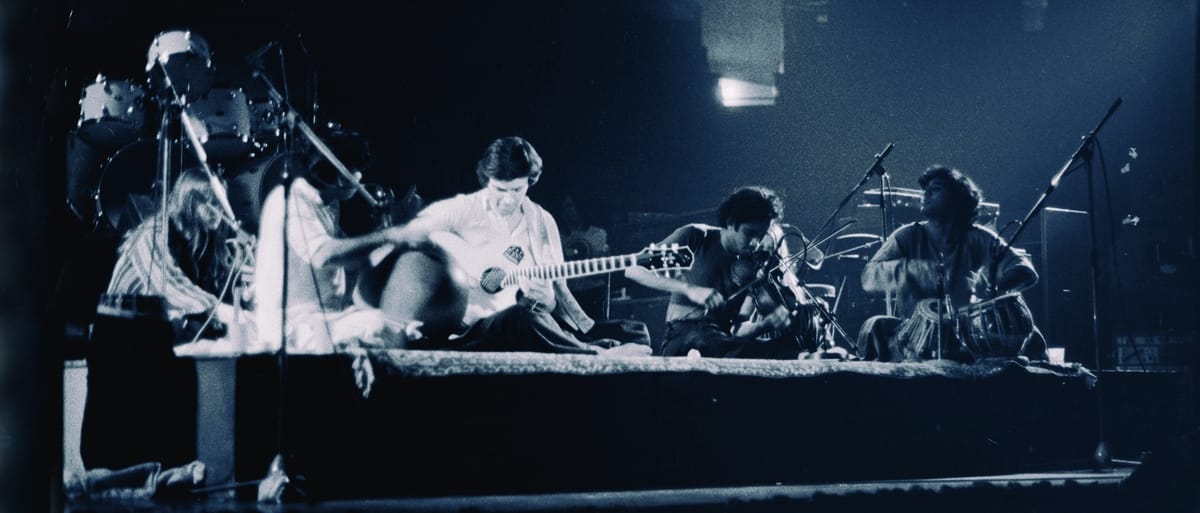
 The TonearmDee Dee McNeil
The TonearmDee Dee McNeil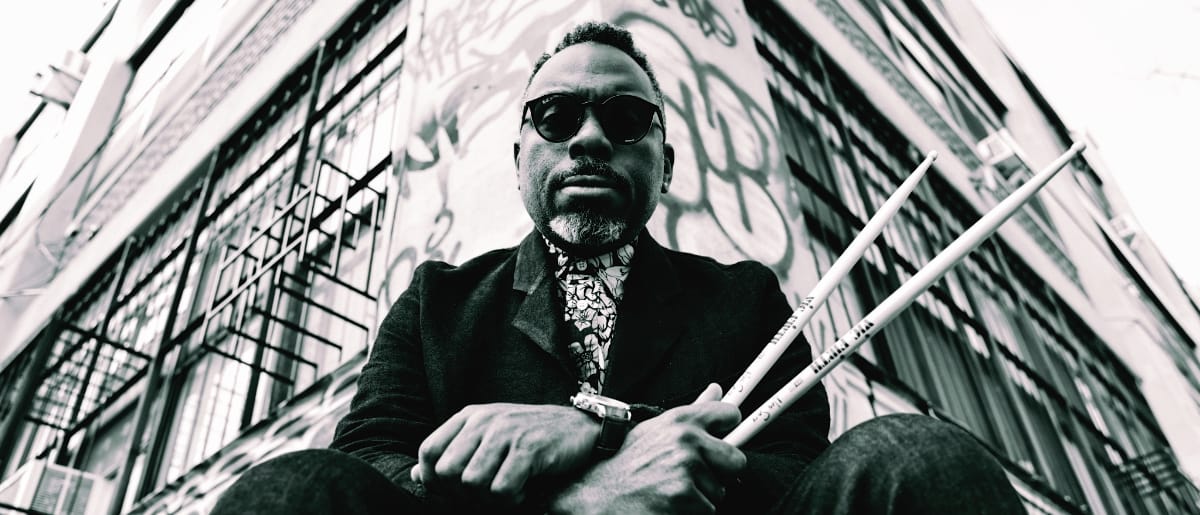


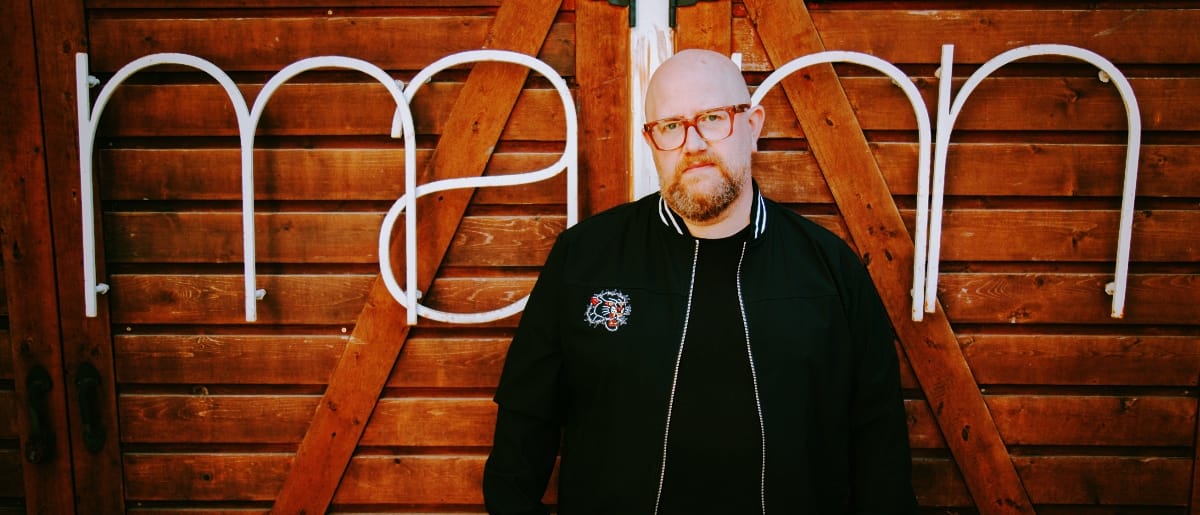

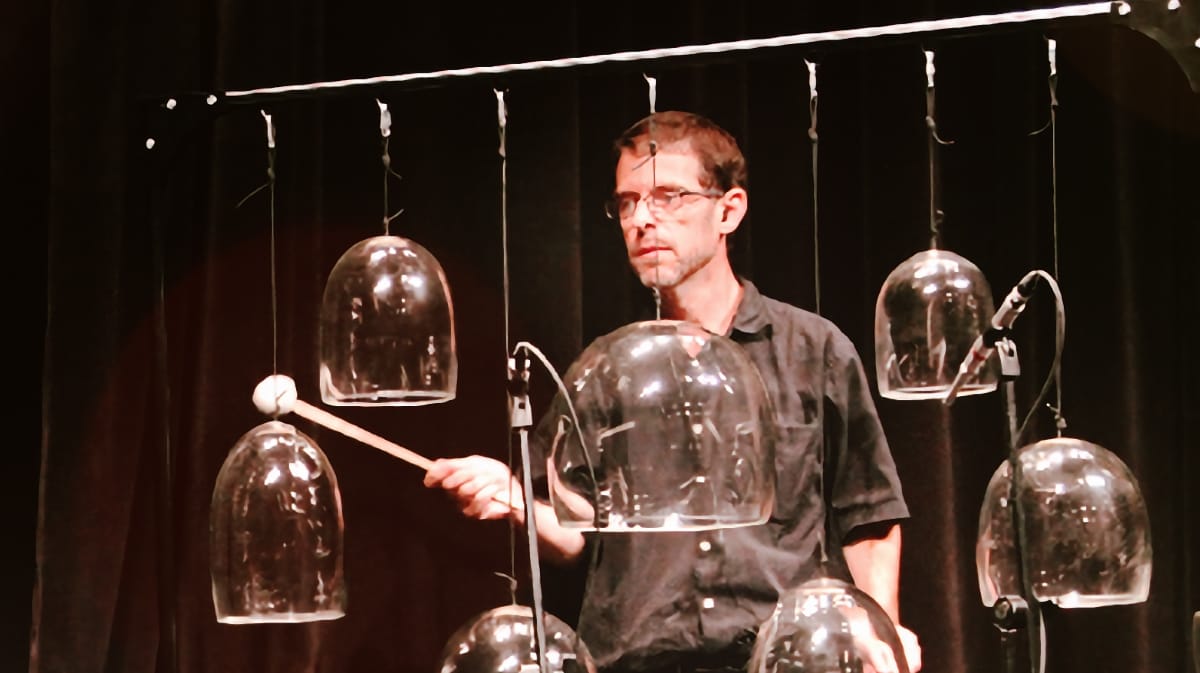
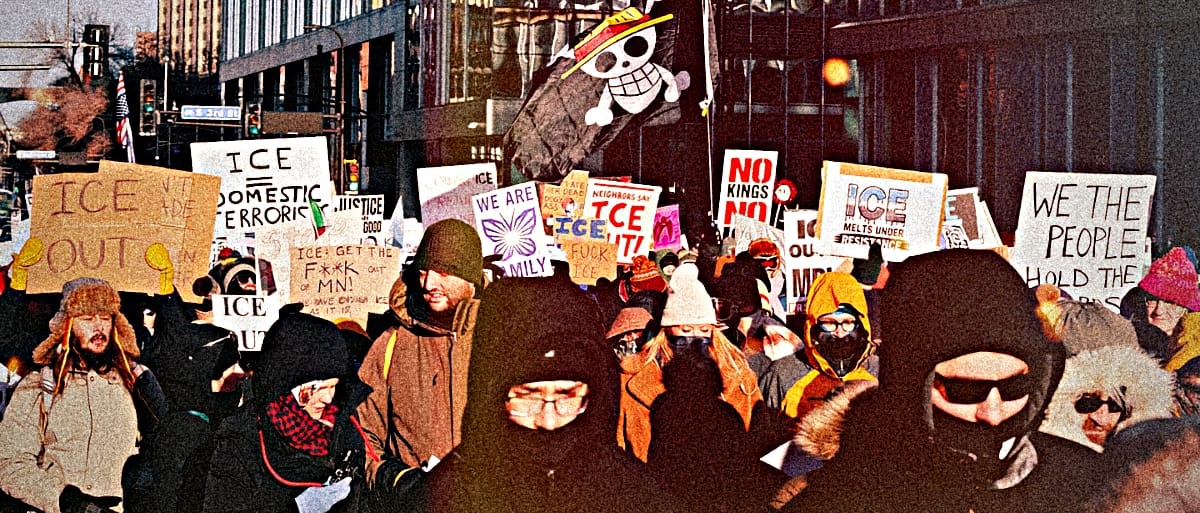
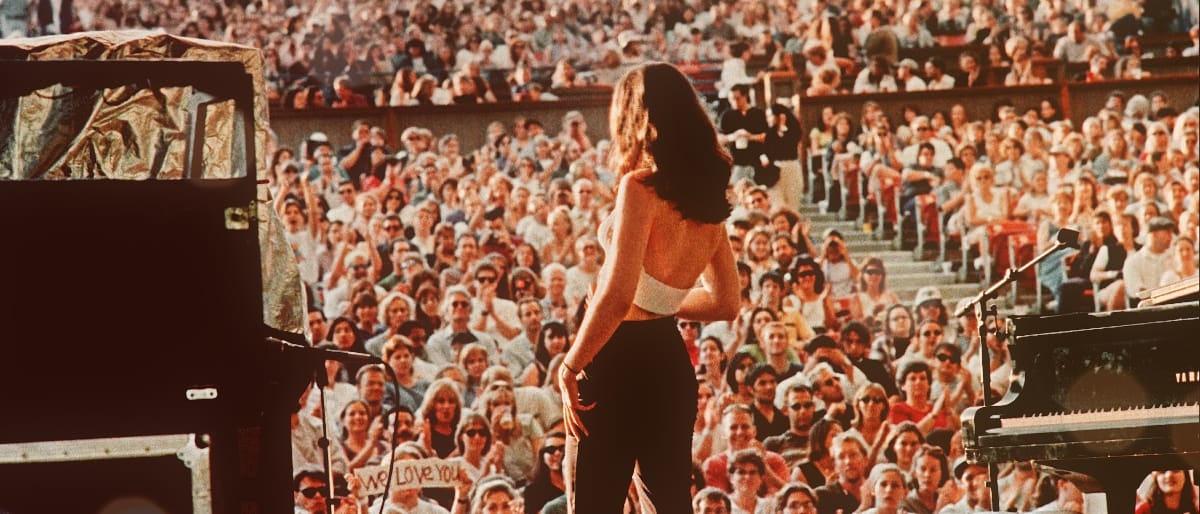
Comments